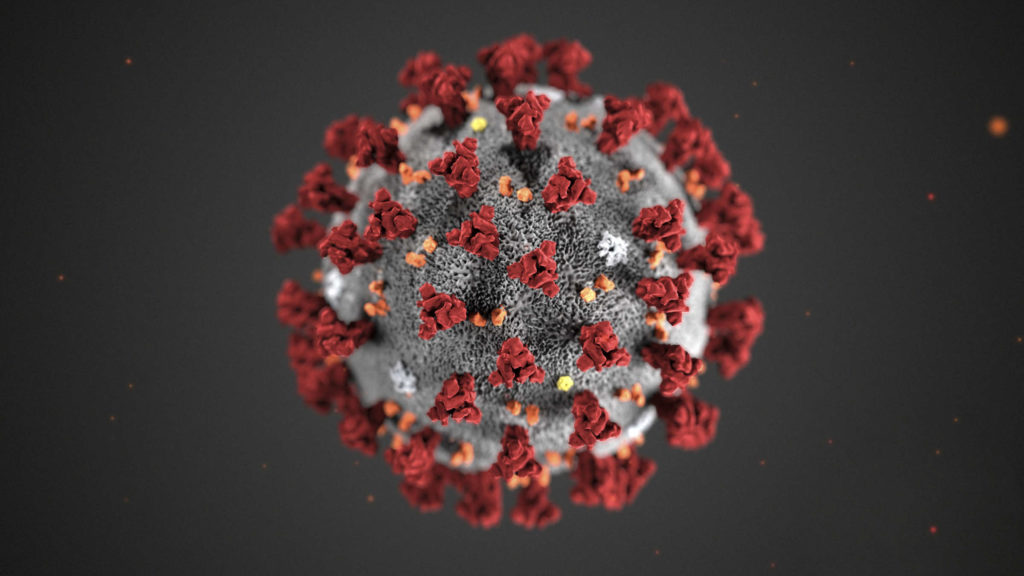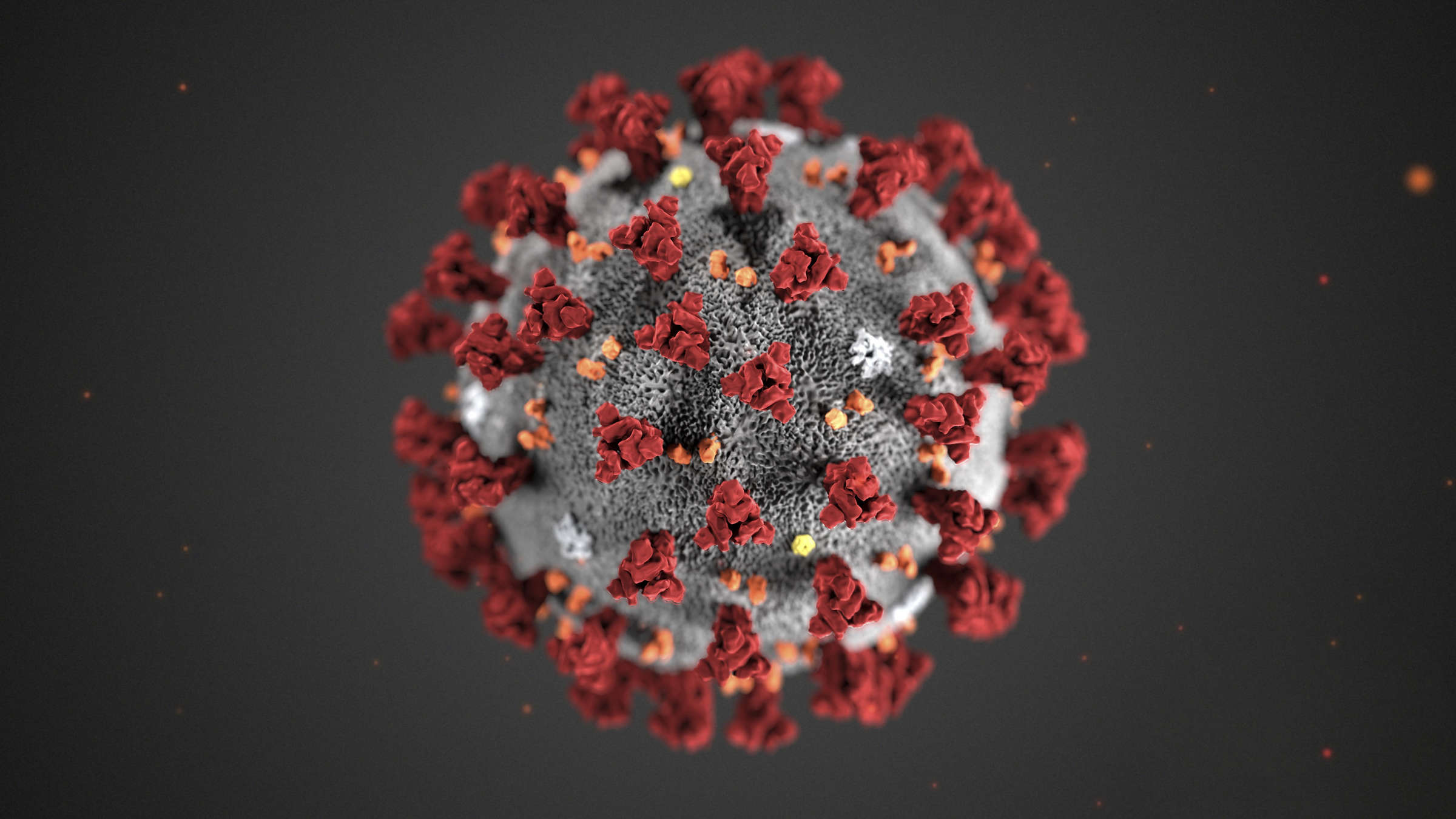
COVID-19 has made a severe and indelible impact on the entire medical field. Emergency rooms and intensive care units are being overwhelmed with COVID-19 cases, and the public has had to hunker down at home and practice social distancing to delay the peak of the disease.
Unfortunately, COVID-19’s impact on routine medical care has also been damaging. Patients are afraid to visit their doctors’ and specialists’ offices, believing that they will be exposed to the virus if they enter any medical facility. This means that patient care is suffering and that doctors are not able to see their patients as normal.
Dr. Randy Gibb explains why the COVID-19 pandemic is having such an outsized impact on the medical world and gives reasons why many patients should keep their appointments with their primary care doctors and specialists.
The Impact of COVID-19 COVID-19 was first discovered in December 2019 in Wuhan, Hubei Province, China. The disease quickly overwhelmed health care facilities in Wuhan. The Chinese authorities locked down Wuhan and surrounding communities, extending the Chinese New Year holiday to keep the population from traveling and spreading the disease.
COVID-19 is caused by a coronavirus. This is a new virus that is thought to have been zoonotic in nature or spread from animals to people. While coronavirus diseases are not always serious, COVID-19 has a predilection for causing high fevers, coughs, trouble breathing, and pneumonia. Patients who have the disease have a much higher death rate than that of seasonal influenza, especially patients over 65 years of age.
The disease has had a chilling impact on travel around the world. The United States barred all travelers who had been to China in January 2020. Multiple cruise ships were prevented from discharging passengers, leading to the rampant spread of the virus on board. Quarantine centers were soon full of travelers. International flights were largely canceled around the world, and countries began to close their borders to all but essential business traffic.
The disease has also had a damaging effect on the world economy. Since non-essential businesses are closed, many people have been laid off without any hope of resuming their jobs after the virus has run its course. Stock markets have plunged, and it is feared that we will soon be in a global recession.
How COVID-19 Spreads COVID-19 spreads through close contact, either with surfaces that have been in contact with respiratory droplets or through contact with people who are infected. “Community transmission” where cases that are not linked to a known case of COVID-19 or to travel activities has become one of the most worrisome features of the pandemic.
Social Distancing Regulations In the United States, several states have instituted shelter in place or “stay at home” orders. Schools and non-essential businesses have been shut down in many jurisdictions.
These orders are meant to keep people from spreading the disease in public. They require that people only leave the house to work in essential jobs, to go to medical appointments, and to shop for supplies in grocery stores or pharmacies.
Some Americans have discounted the need for social distancing, especially in rural areas where the impact of the virus has not yet been felt. Irresponsible behavior regarding social distancing may mean that these people will experience severe problems in the future.
Decline in Routine Appointments This has created an atmosphere of fear where people are reluctant to attend their routine medical appointments. Caution is required when dealing with the coronavirus, but people should not neglect being seen for their chronic conditions. Diabetes, cancer, heart disease, high blood pressure, and mental health conditions are five examples of conditions that need to be treated consistently to provide a good patient outcome. In addition to being physically seen, many physicians are also providing e-visits or tele-medicine visits over the web. This can keep the patient connected to their primary doctor and team receiving medical care for their chronic condition while avoiding an office visit. Please discuss with your provider whether this may be an alternative option for you and your medical condition.
In support of improving patient care, the Society of Gynecologic Oncology is jointly accredited by the Accreditation Council for Continuing Medical Education (ACCME), the Accreditation Council for Pharmacy Education (ACPE), and the American Nurses Credentialing Center (ANCC), to provide continuing education for the healthcare team.
Doctors are Still Working In these difficult times, it is important to remember that doctors are still working. Most offices remain open, and scheduled appointments are going on as planned. Doctors’ offices practice strict disinfection and distancing requirements and going to the doctor for a routine appointment is likely far safer than going to the supermarket to pick up a few things.
Above all, your doctor is concerned about your health. They can give you guidance on how to handle the COVID-19 pandemic in terms of your personal health situation.
Do Not Neglect Cancer Care Following up and discussing your individual case with oncologists like Randy Gibb is especially vital. If a cancer patient does not receive timely or appropriate care, they may find that their cancer spreads or relapses. This could cause serious illness or death in some cases. Discussing
your care with your Gynecologic Oncologist will allow the two of you to come up with a plan on how to proceed with surgery, ongoing treatment, as well as the scheduling of follow up visits.
